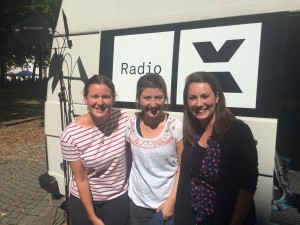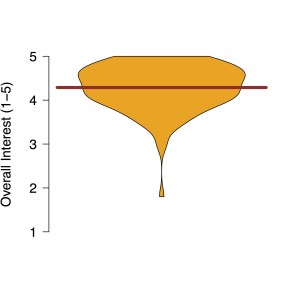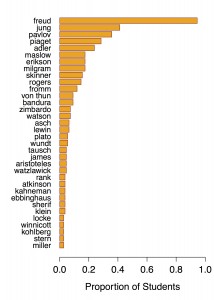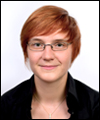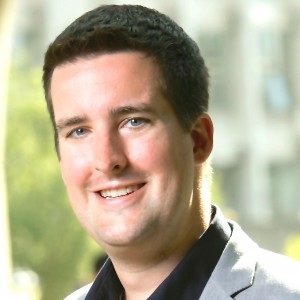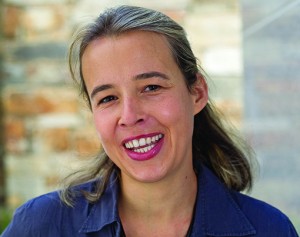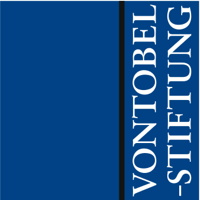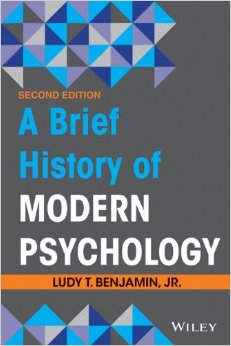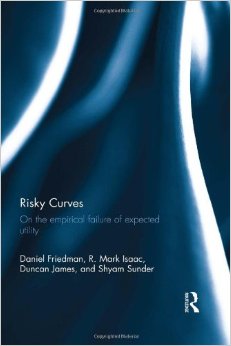
The phlogiston theory was first stated in the 17th century and postulated a fire-like element, phlogiston, contained in combustible bodies and released during combustion. For example, according to the theory, substances that burned well would be said to be rich in phlogiston. The theory met its demise when scientists showed that some metals actually gained mass when they burned (even though they suposedly lost phlogiston). Nowadays, the phlogiston theory represents a good example of the ability of science to update our knowledge of the world based on systematic testing of hypothesis.
A group of economists, Daniel Friedman, Mark Isaac, Duncan James, and Shyam Sunder, recently wrote a book claiming that risky curves are like phlogiston!
By risky curves, Friedman et al. mean the Bernoullian-type curves usually used to describe subjective utility (see the figure below from Bernoulli’s 1738 paper Exposition of a new theory on the measurement of risk) as well as neo-bernoullian variants, like prospect theory.
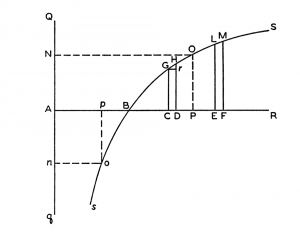
The main argument presented in the book is that Bernoulli-type theories and associated measures have not been successful at capturing either individual or institutional risk preferences that are predictive across situations or tasks. For example, Friedman et al. provide an overview of different elicitation methods for risk preferences (described gambles, auctions, etc.) and how these lead to inconsistent (uncorrelated) risk preferences across methods.
The review of the empirical literature is not complete. For example, risk preference measures that are popular in Psychology and their links to Bernoulli-type theories are not reviewed (e.g., self-report, behavioural games). Regardless, the skepticism about representations of risk and utility capturing reliable individual differences that are predictive across situations and in real-world settings gives food for thought – the book is well worth a read for those of us interested in measuring and predicting decisions under risk!
Friedman, D., Isaac, R.M., James, D., & Sunder, S. (2014). Risky curves: On the empirical failure of expected utility. New York: Routledge.
